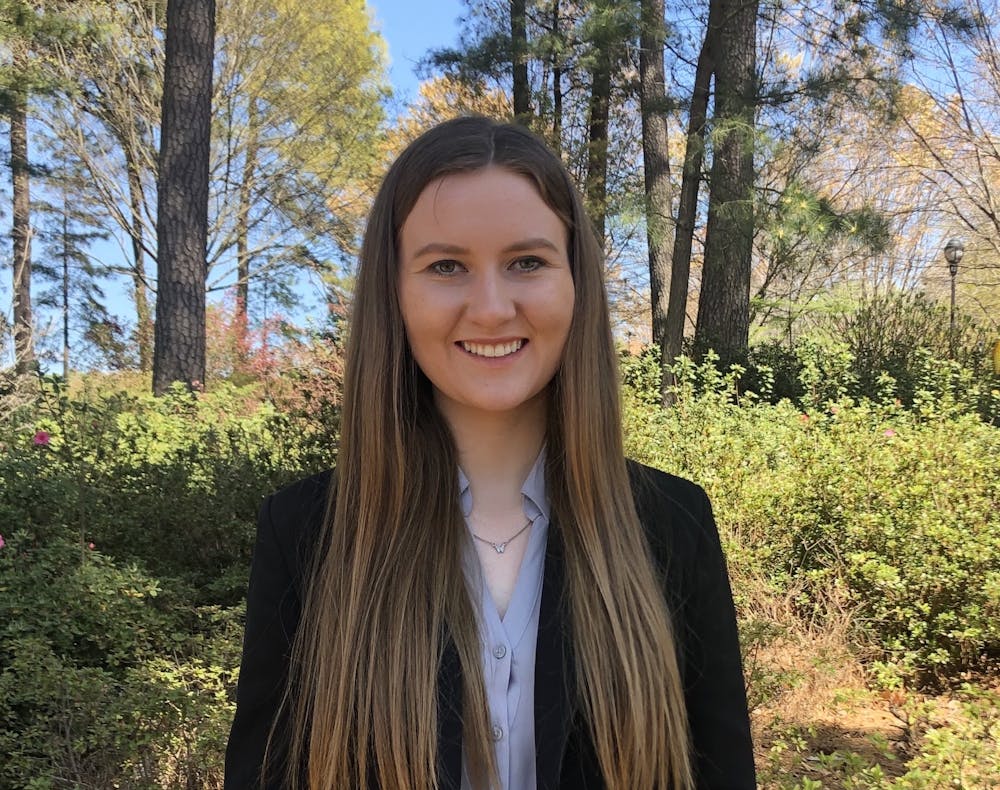UNC junior Jessica Reid watched clear-cutting and deforestation — major contributors to climate change — devastate the environment around her in Apex throughout her childhood.
Once she became more educated on the effects of climate change, Reid wanted to do her part to mitigate the impact. In September, she did just that by publishing her first book: “Planet Now: Effective Strategies for Communicating about the Environment.”
“From a young age, I became aware of how humans are impacting the environment,” Reid, who's part of UNC's environment and science communication program, said.
She began writing “Planet Now” in fall 2019 with partial funding from the 1789 Student Venture Fund. Reid also received assistance from the Creator Institute, a program that connects college students with professionals and resources to help them write and publish a book.
Greg Gangi, associate director for clean technology and innovation at the UNC Institute for the Environment, said climate change is often portrayed as a one-dimensional issue.
“It has been communicated largely through simply an environmental lens,” Gangi said. “We need new ways to communicate climate change to the American public.”
Jayne Willard, a junior majoring in biology and environmental studies at UNC and a friend of Reid's, said she thinks this book addresses that problem. Willard said Reid focused less on the science and more on strategies to stimulate conversation about climate change.
“The facts are out there,” Willard said. “She could have decided to say them again, but if you can’t get people to listen, agree and believe them, then it doesn’t matter.”
Reid said she wants her book to inspire others to take action to protect the environment through engaging in practical discussions with friends and family. She said the best method to do this is to try and connect these conversations to their values.



